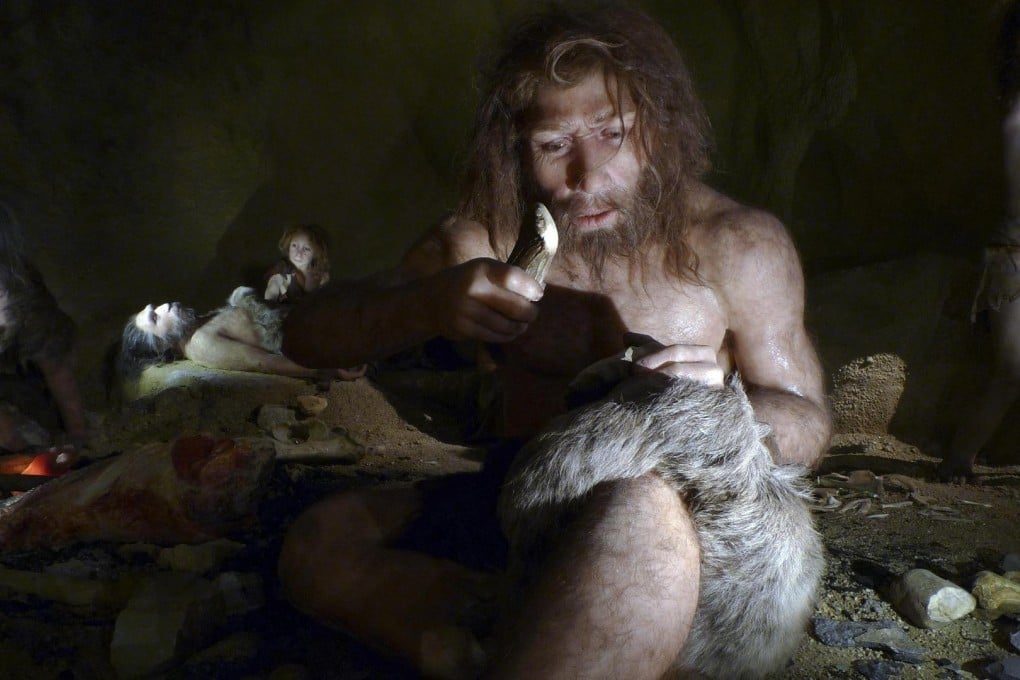Long-buried secret that gave world to Homo sapiens
Humanity's capacity for war could hark back to an original genocide committed by our ancestors

Every great political enterprise is founded on a great crime, wrote Machiavelli.
The Florentine political philosopher didn't know how right he was. At the start of Homo sapiens' long ascent to the top of the food chain, our ancestors might have committed the original genocide.
That is the view of Yuval Noah Harari, a young Israeli historian whose book Sapiens: A Brief History of Humankind was one of the bestsellers of 2014. It's a widespread misconception, writes Harari, that various human species descended in chronological order and that sapiens were the last of the line.
For two million years until 10,000 years ago, numerous human species besides Homo sapiens coexisted at one time or another: Homo rudolfensis and Homo ergaster (both from East Africa), Homo erectus (East Asia), Homo neanderthalensis (Europe and western Asia), Homo soloensis (Java), Homo floresiensis (Flores, Indonesia) and Homo denisova (Siberia).
Denisovans were discovered only in 2010. It's possible that other human species could still be recovered from the oblivion of prehistory. They all had large brains, walked upright, and were able to make tools. They were all human. So Sapiens were only one type of human species among many and were no shoo-in to become masters of the universe. Why then did Neanderthals, Denisovans and other human species disappear?
"One possibility is that Homo sapiens drove them to extinction," Harari wrote. "Imagine a Sapiens band reaching a Balkan valley where Neanderthals had lived for thousands of years. The newcomers began to hunt the deer and gather the nuts and berries that were the Neanderthals' traditional staples ... The less resourceful Neanderthals found it increasingly difficult to feed themselves and slowly died out."
There is an even more brutal possibility. Again Harari: "Another possibility is that competition for resources flared up into violence and genocide. Tolerance is not a Sapiens trademark. In modern times, a small difference in skin colour, dialect or religion has been enough to prompt one group of Sapiens to set about exterminating another group.